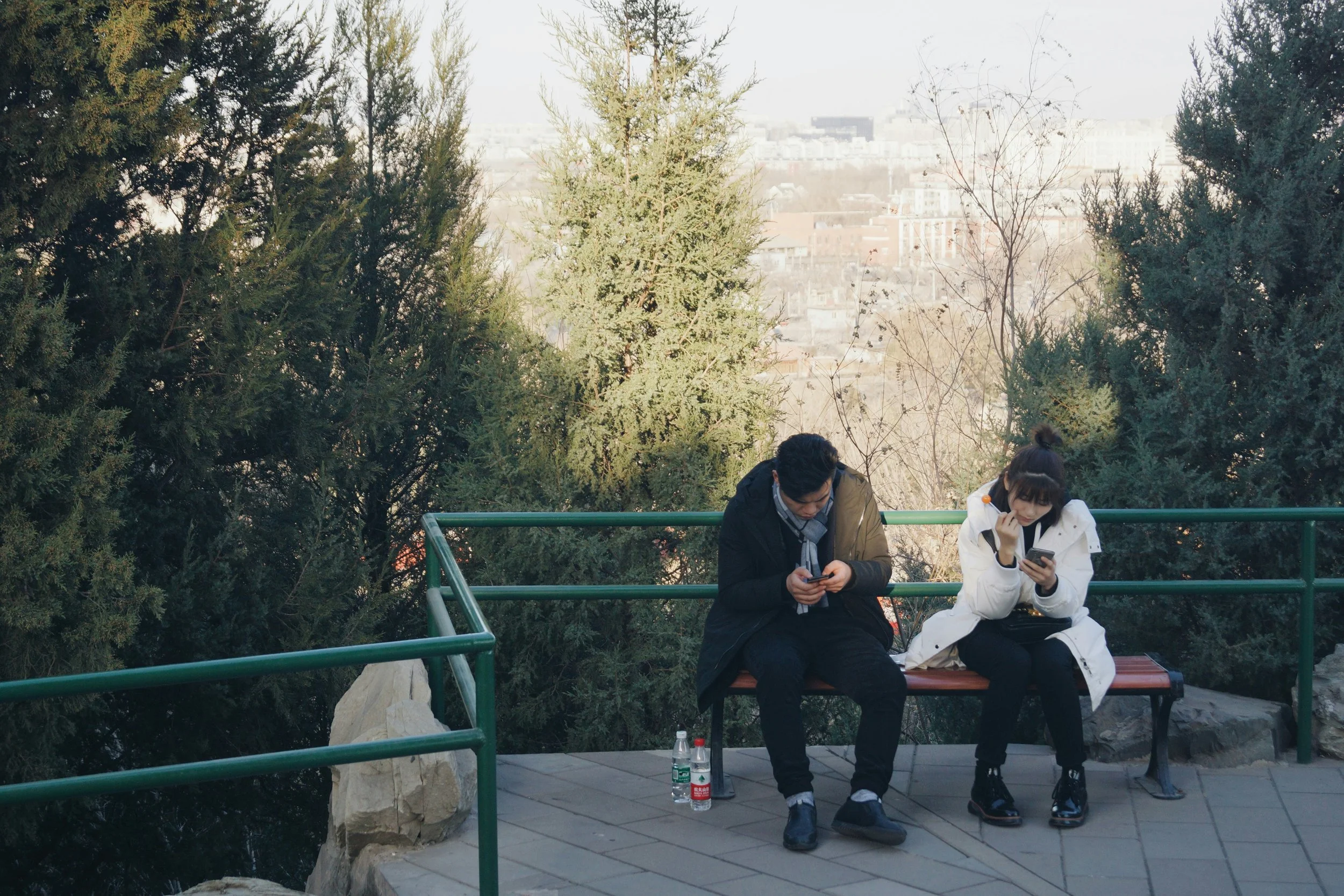True reflection is gentle, curious, and grounded in self-compassion. It helps us move forward with intention rather than pressure. Here are some prompts I share with clients to reflect on the year that just passed
Intuitive Eating: Holidays
When it comes to the holiday season, food is often at the center of the festivities. Throughout history, food has been one of the primary representations of culture, class, comfort, family, and love. With so much food quite literally on the table, it can be easy to fall into whatever habits you may have around food or body image. Whatever your pattern or struggle, Intuitive Eating could be a welcome practice this holiday season.
The Animal Within
I recently stumbled upon the concept of animal chronotypes, which can be used to describe our personality traits based on our natural tendencies in social interactions and behavior. While these archetypes are often linked to sleep habits, they’re also super helpful for understanding how we connect with others. Each chronotype has its own unique traits and ways of navigating relationships.
Nurturing Your Intuition
Throughout my adult life, I have continually sought to connect with my intuitive nature and cultivate grounding and mental clarity. These 5 practices have supported me in deciphering my intuitive voice from my ego voice. If they aren’t already part of your practice, try them out, and they may help you hone your wise intuitive voice too!
Ego vs. Intuition
When it comes to taking steps on your life path, you often hear people urging you to “follow your gut.” But what exactly does that mean? And if you aren’t following our gut, what are you following?
You have two choices: to primarily listen to either your ego or your intuitive inner voice. So how do you differentiate between the two? How do you know if you are “trusting your gut” or following an ego-driven desire?
Rest is Productive
As I type out these words, I find myself feeling overwhelmingly tired and in need of rest (in part due to the record-breaking heat wave taking over Los Angeles)… and so, I find it fitting to write about my experience. In this oppressive heat, I feel an all-encompassing sense of fatigue, trouble concentrating, eyelids drooping, and muscles feeling immensely heavy as I melt into the couch. Do these sensations sound familiar? As humans, we all need rest. That much is clear. So why do so many of us have such a hard time allowing ourselves to stop, slow down, and rest?
Over the years I’ve heard, and likely uttered, phrases such as, “I don’t have time to rest,” “I have too many things to do,” “I have no reason to feel tired,” “I don’t want to be lazy,” “I feel guilty when I rest,” and so on.
The way our capitalistic society requires us to operate is ultimately not sustainable. We are not computers… and even our computers need time to recharge! —and, to add to this metaphor, even a fully charged computer will begin to overheat and freeze up if it’s running too many applications at once!
Let’s start by reframing rest as productive—and move forward from there.
Coping with Illness
Flakey pie crust bakes in the oven and the aroma of cheese and tarragon wafts around me as I sit in my kitchen nook at sunset. Since childhood, the veggie pot pie has been one of my favorite dishes. I am instantly comforted whenever I smell it cooking in the oven. When I’m feeling under the weather, I find comfort in nostalgic smells.
I finally got COVID. After being quite cautious during the last 2.5 years of the pandemic, I was frustrated to ultimately get COVID simply from going about my everyday routine. When I get acutely sick, I tend to go through rapid stages of the grief cycle.*
First, I tend to go into an initial denial phase and tell myself, "oh, I am just tired," and then push forward with my responsibilities at home and with my virtual work.
Second, I get angry and think, "Oh, no. I might be sick. How could I let myself get sick at a time like this?!"
And after the anger subsides, the bargaining comes: "If I can get better super quick…like in the next day…I promise I will do more meditation and yoga, improve my sleep and reduce my stress level so that I don't get sick again."
Then comes the depression when the symptoms quicken, as I mope in bed and think, "Life is terrible. I am unhappy. What am I doing with my life? How did I get here? I don't care about anything anymore. I am so unmotivated. Am I depressed? Have I been depressed for months and not realized it? Nothing brings me joy anymore." Walking my dog and smiling with my latte just a few days prior now feel like a distant memory. The depression phase tends to be the longest as I lay in bed, and it feels like I have been this down and having these low thoughts for years.
I must decide during the depression phase to move into acceptance. The decision is to recognize that this pain and discomfort are temporary and that suffering and the depressive state are optional. I start to recall monks who meditate with discomfort and pain in the heat on top of a mountain. The sun will move from the hill, the day will cool, and the sweat will subside. Everything is temporary.
As time passes, I start to move into greater acceptance.
Here are five tips that helped me move forward from depression to acceptance to coping with acute illness, and eventually renewed joy:
Decision Making
In a world filled with uncertainty, division, and endless options, making decisions is more complicated than ever. Many of my clients struggle with decision-making, spanning from something as minute as what lunchbox to purchase for their kids, to bigger questions such as whether to end a relationship or what career path to take.
Decision-making requires us to confront our humanity and build self-agency, which can present us with challenges and fears of failure or regret. Whether you have been struggling with day-to-day decisions or long-term life choices, here are some tools to help reshape your relationship to decision-making and overcome decision-making distress.












